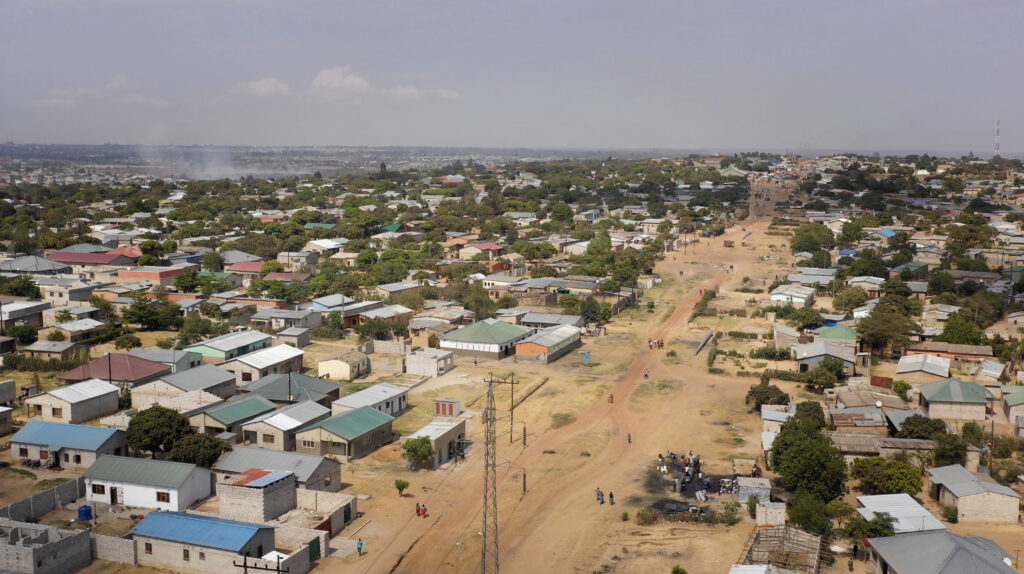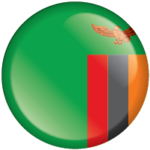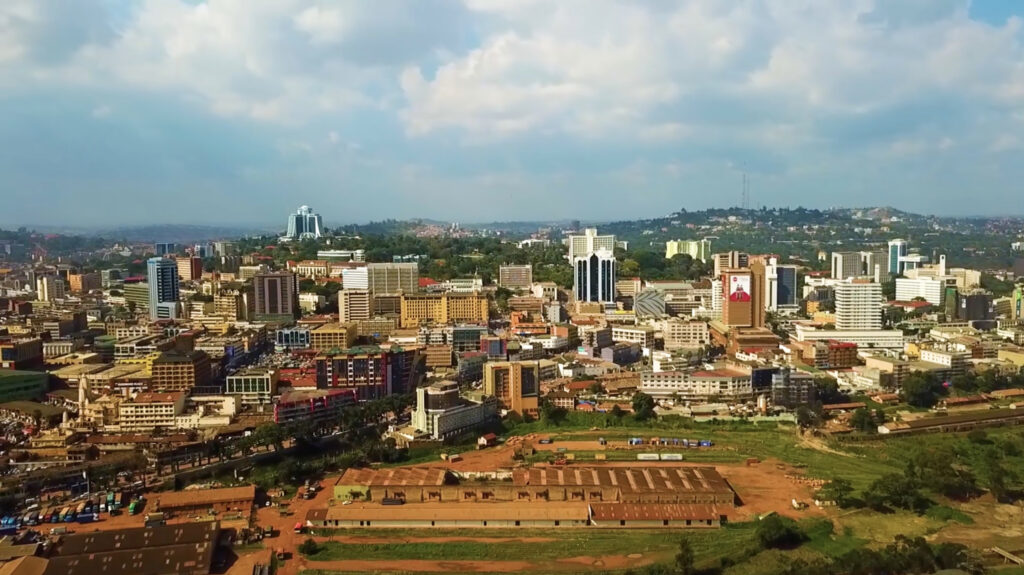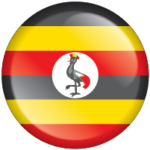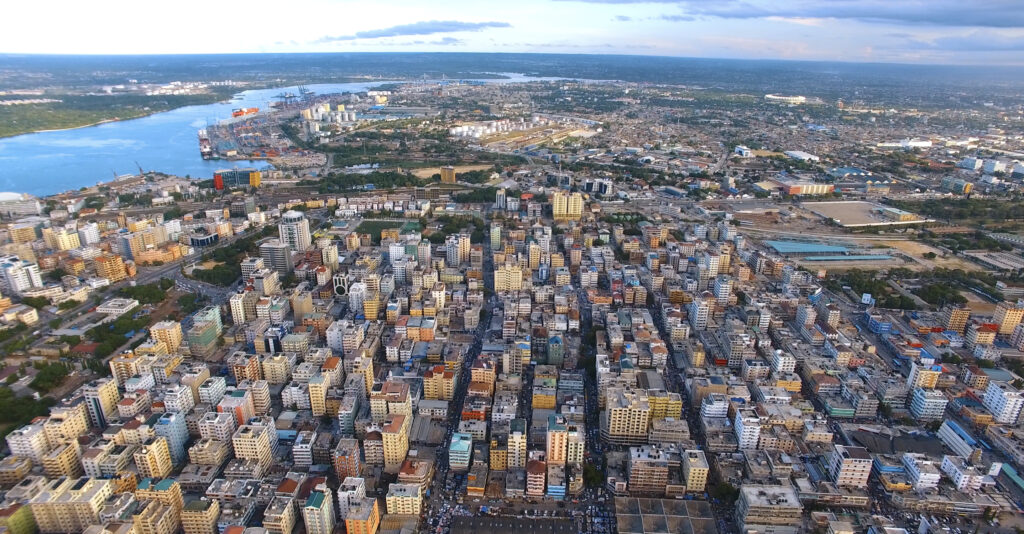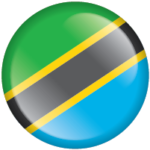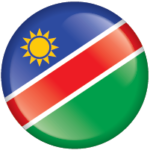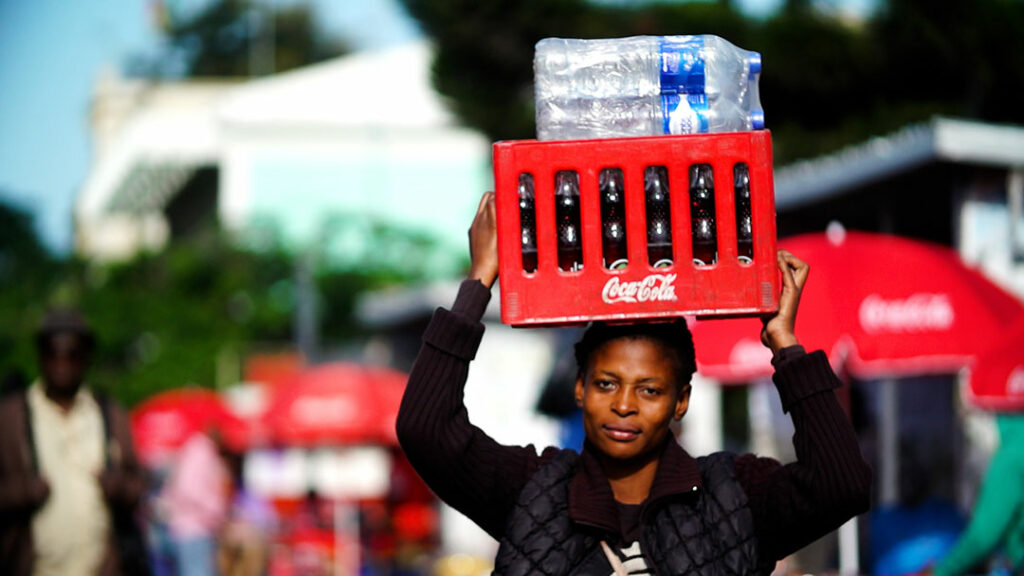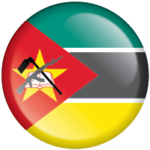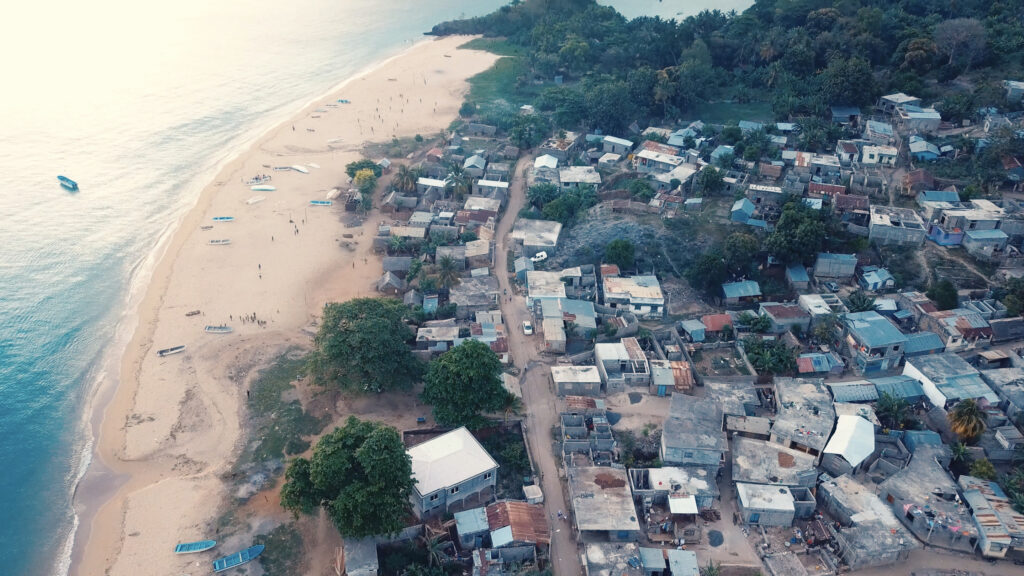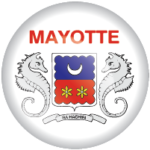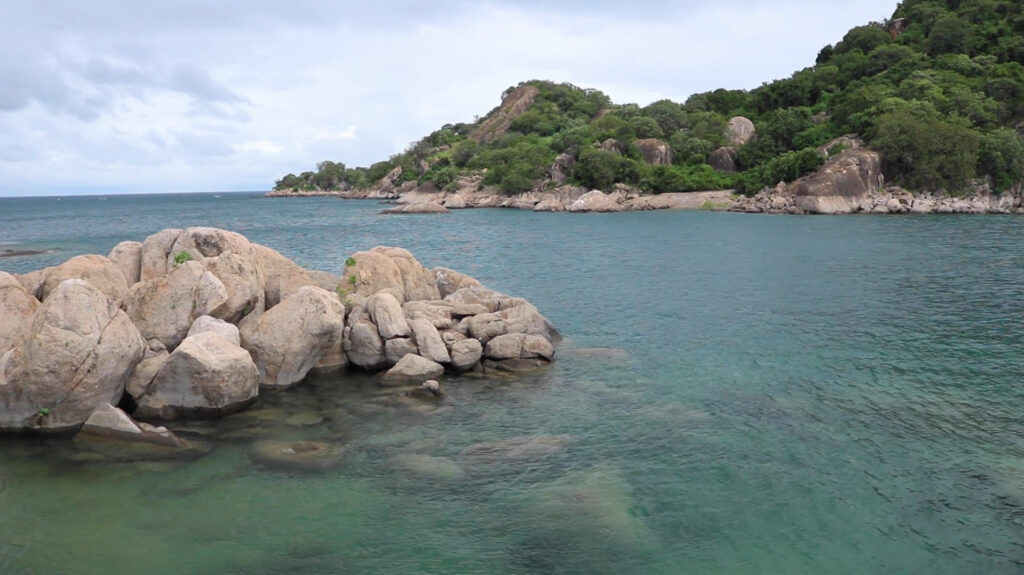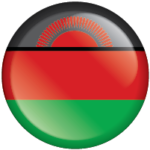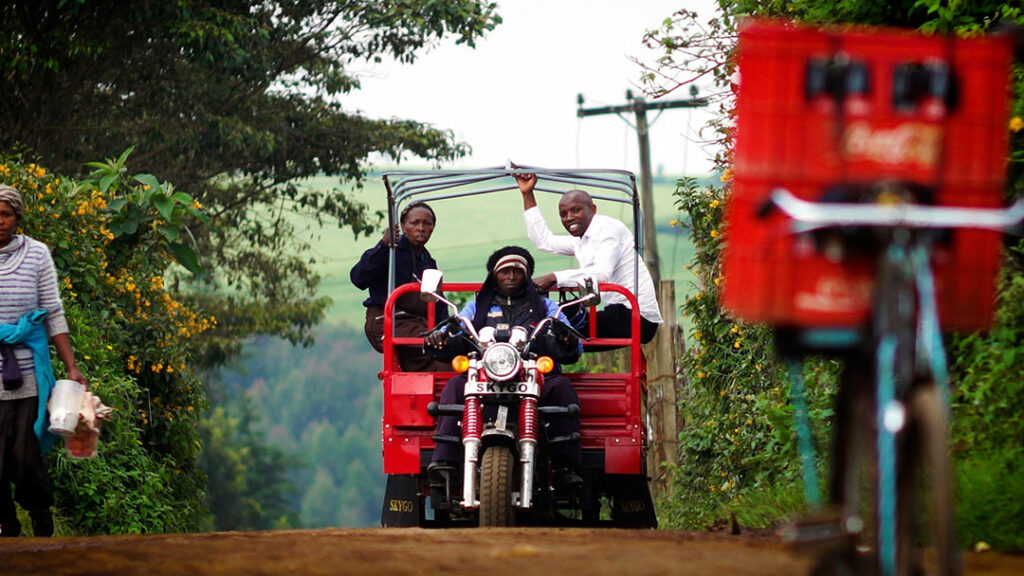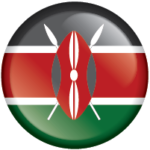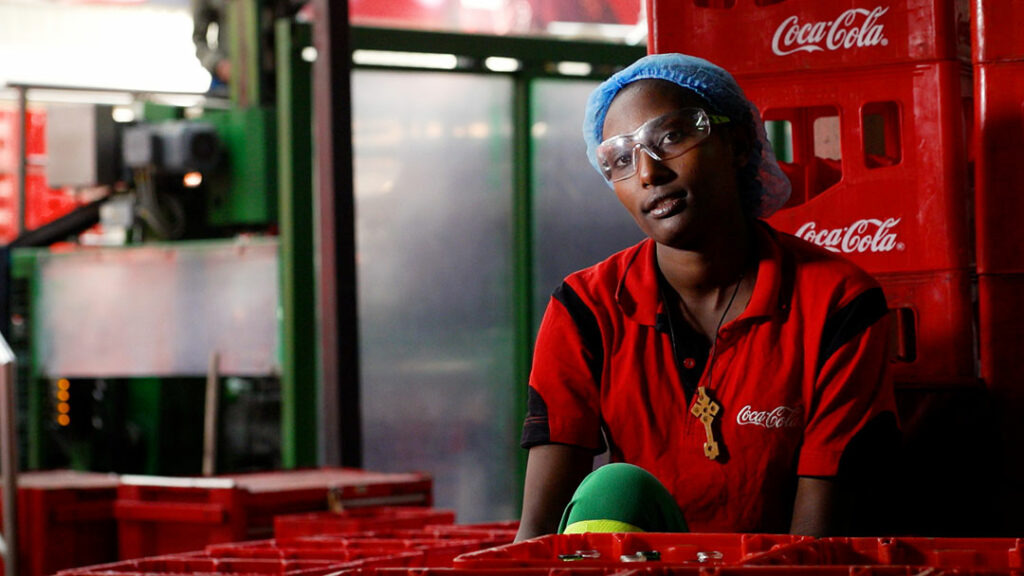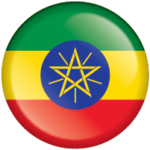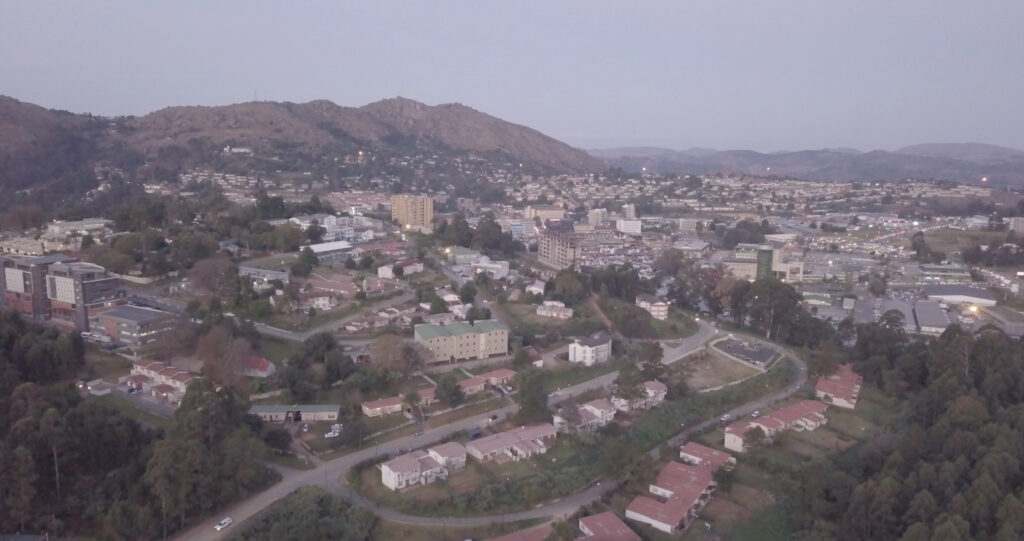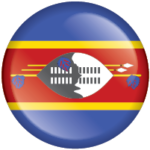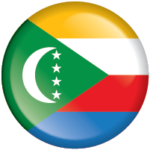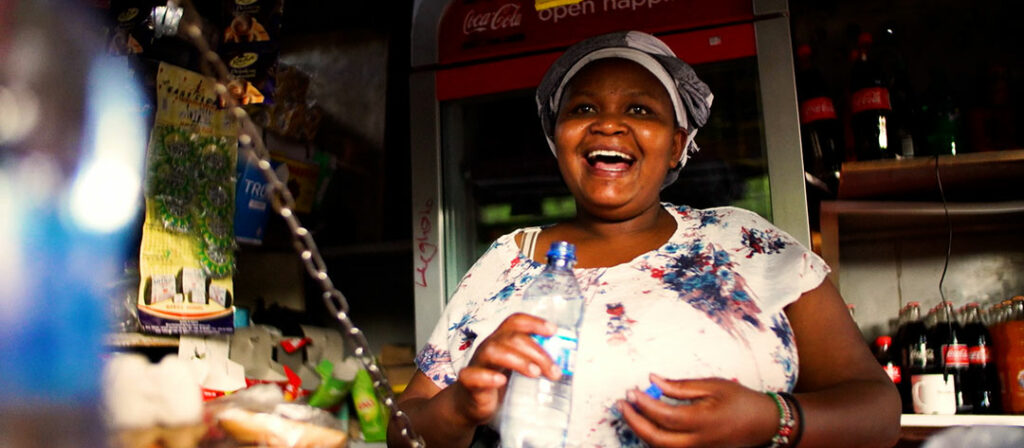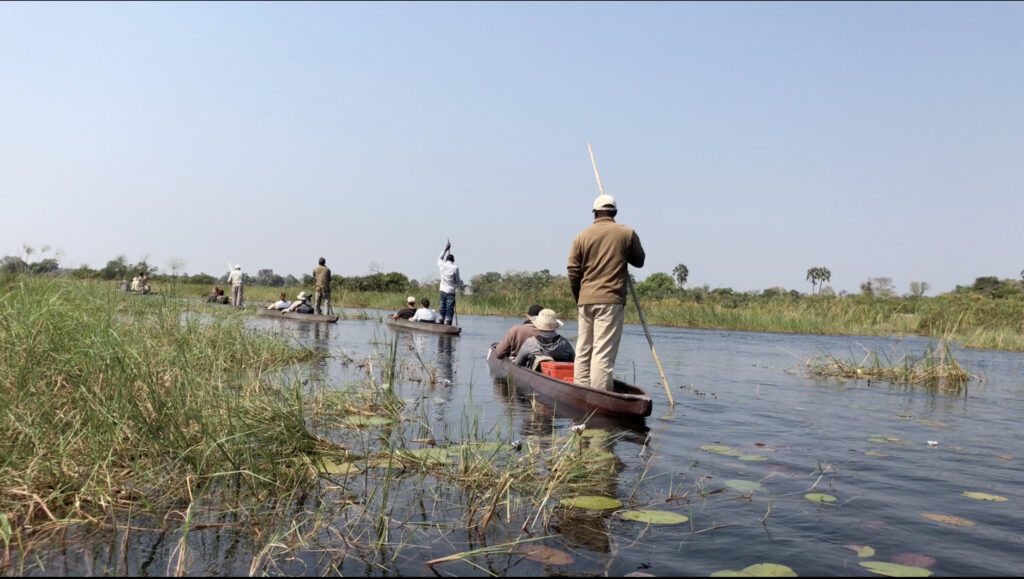A youth economic inclusion programme supported by Coca-Cola Kwanza (CCK) has proven so popular and successful that the company has opened a second round for young food vendors to sign up for support and training.
The second season of the initiative, called “Chipsika Kiajira na Coke”, will be launched on 29 July in partnership with the Institute of Social Work and ORYX Gas Tanzania.
Coca-Cola Kwanza, a subsidiary of Coca-Cola Beverages Africa, aims to support approximately 1,100 young individuals across its value chain this year, with a focus on those residing in Dar es Salaam.
The second round in July will accommodate 510 young food vendors between the ages of 18 and 35, following the opening round in May, when 400 took part.
The programme offers comprehensive assistance to the young vendors, providing them with all the essential tools they need to thrive in their trade. This includes a gas stove, gas cylinder, food cabinet, cooler, kitchen clothes and customer benches. The programme also provides training and mentorship to enhance the young entrepreneurs’ skills and business acumen.
It focuses on youth who serve the popular fried potato chips.
Prospective participants can apply for the programme before XX July through a link that will be provided on Coca-Cola Kwanza’s social media platforms, or they can visit the factory to collect an application form.
“As a subsidiary of Coca-Cola Beverages Africa, Coca-Cola Kwanza takes pride in our vision to refresh Africa and make the continent a better place for all. We are a proud industry leader in developing increasingly sustainable ways to manufacture, distribute and sell our products,” said Salum Nassor, CCK Public Affairs, Communication and Sustainability Director. <<title>>.
“This is why we have made economic inclusion a priority for our business.
“We define economic inclusion as creating gainful economic opportunities to under-served communities, including women, youth and people with disabilities, by providing them with access to markets that boost income and yield sustainable earnings, in our own business and the industry.
“We seek to embed economic inclusion across our value chain and make it part of how we do business the right way,” said Nassor.
We understand that our business can only thrive when the communities we serve thrive too. Investing in communities ensures our business sustainability. Most of all, we are all Africans and are part of our communities.
“The “Chipsika Kiajira na Coke” initiative is an example of how Coca-Cola Kwanza promotes economic inclusion of youth by supporting young entrepreneurs to develop and grow their businesses,” said Nassor.
